Breaking Free from the “Procrustean Bed” of History
Thanh Tâm wrote this article in Vietnamese and published it in Luat Khoa Magazine on May 7, 2025. Đàm Vĩnh

On May 6, 2020, a cassation trial started for Ho Duy Hai – a death-row inmate in Vietnam. His mother has been requesting the courts to review his wrongfully convicted case for the past decade. In one of our previous articles, we detailed the facts of his wrongful conviction in 2008.
This trial is expected to last for three days at the Supreme People’s Court of Vietnam in Hanoi which is the highest court of the country. It is led by Mr. Nguyen Hoa Binh, the current Chief Justice of Vietnam.
Below is the summary of the first day of Hai’s cassation trial.
What is a cassation trial?
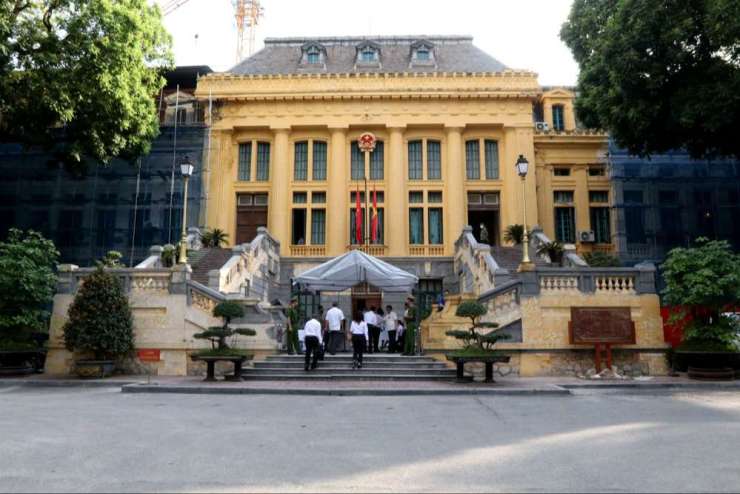
The cassation trial is a special court proceeding in Vietnam to review the lower court’s decisions. There must be a petition asking the highest court for a review because of irregularities or illegal conduct in the lower court’s proceedings.
This proceeding does not review the facts of the case. Rather, the review only focuses on whether there have been prosecutorial mistakes which influence the decision of the lower courts.
The decision from a cassation trial could result in six different ways:
What is the stand of the Supreme People’s Procuracy of Vietnam on this case?
In Ho Duy Hai’s case, after receiving a request for a petition in his case from Hai’s family, the Supreme People’s Procuracy of Vietnam petitioned for a cassation trial at the end of 2019. At the cassation trial on May 6, 2020, the Supreme People’s Procuracy of Vietnam stated its decision to request this trial as follows:
Accordingly, as reported by Justice newspaper in Vietnam, the decisions from both the trial court and appellate court in Ho Duy Hai’s case were inconsistent with the objectivity of the case; the gathering and examining of evidence and data were not completed, and the case contained a lot of conflicting issues but was not clarified. The Supreme People’s Procuracy of Vietnam requested “the highest court to void both the trial and appellate decisions in Ho Duy Hai’s case for ‘robbery’ and ‘murder’, as well as issue an order for a new investigation.”
Ho Duy Hai’s Lawyer, Tran Hong Phong, is the first attorney to attend a cassation trial in the history of Vietnam
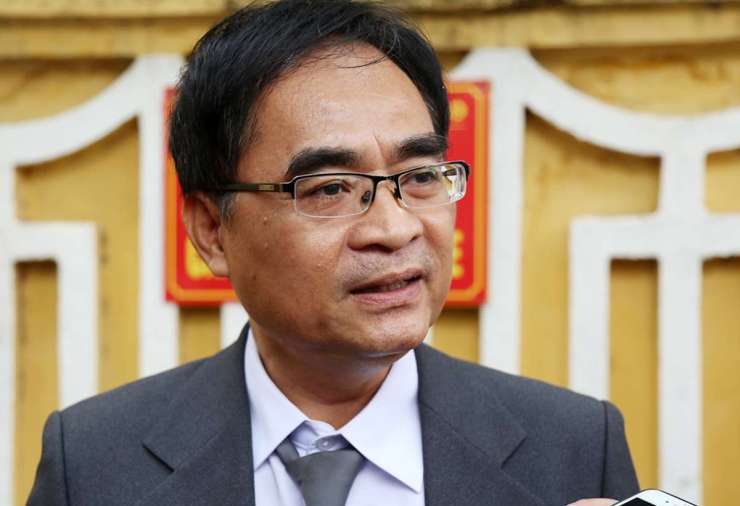
Cassation trial is a review court, not for arguing facts or procedures. In Vietnam, cassation trial does not allow lawyers for the defendant. However, from Tuoi Tre newspaper, the highest court has made an exception in this case to invite Ho Duy Hai’s attorney to attend.
Attorney Tran Hong Phong is the first lawyer for a defendant to attend the cassation trial. From Mr. Phong, the court invited him because it saw him as a person with related responsibility in the case as he got some evidence. The evidence raised by Mr. Phong and Hai’s family included the testimony of an eyewitness. The eyewitness had told the police at the time that he saw a young man at the crime scene, but that person was not Ho Duy Hai. The eyewitness did not know Ho Duy Hai at the time and he did not recognize the person he saw was Hai.
However, after the morning session of the first day of the cassation trial, Mr. Phong was asked to not come to the other sessions of the case. The court will continue the case with discussions of the court and the other governmental entities.
Ho Duy Hai’s family believes justice will come when Hai is exonerated
Hai’s younger sister, Ho Thi Thu Thuy, stated: “I desperately hope that this trial will happen in a transparent, equal manner and that it will practice justice. If this trial exonerates my older brother Hai, then I will believe justice is still present in Vietnam. If it concludes like the other previous decisions to deem him guilty, then Vietnam does not have justice and the law in Vietnam would not worth our respect to upholding.”
Some pictures during the first day of Ho Duy Hai’s cassation trial
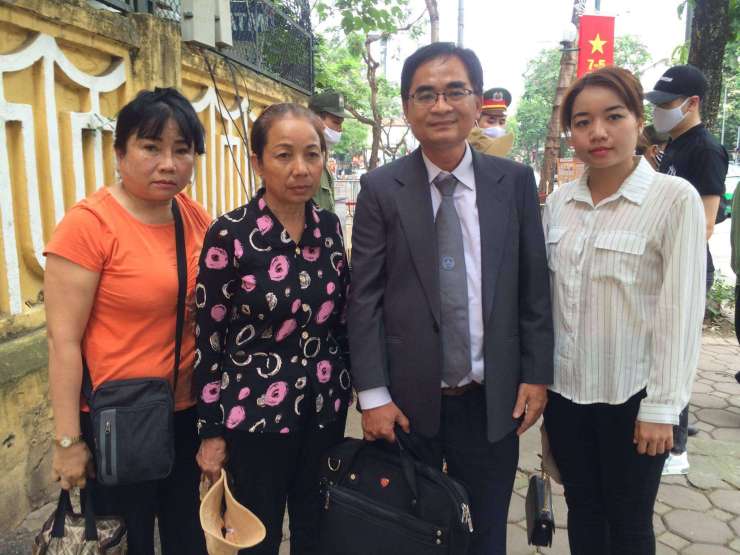
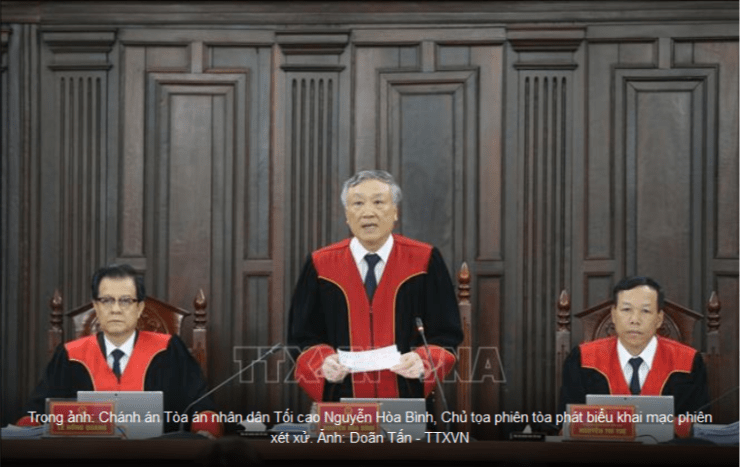
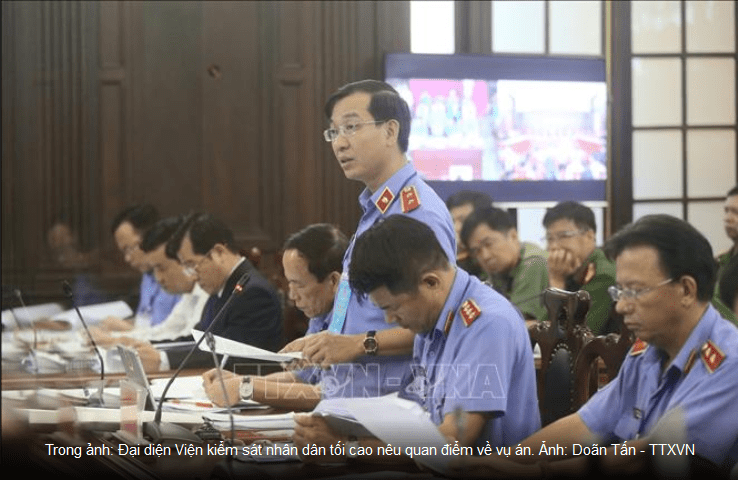
Vietnam's independent news and analyses, right in your inbox.